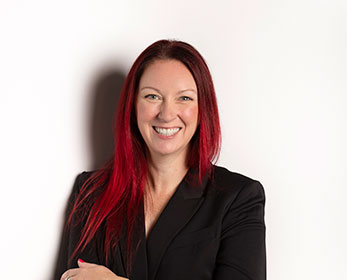A new research project is inviting individuals to become "Citizen Wellbeing Scientists" and contribute to a growing understanding of self-care practices. Led by Edith Cowan University (ECU) Professor Narelle Lemon, it aims to explore how people incorporate self-care into their daily lives.
Drawing inspiration from the principles of citizen science, Professor Lemon said; "I have developed a novel concept to help us help each other with our wellbeing and what our self-care toolbox can and might look like while drawing on diverse areas of wellbeing science.
"This approach offers a unique perspective on how we can collectively explore, document, and share our self-care journeys, contributing to a broader understanding of wellbeing while fostering personal growth and community connection. As such, we embrace the multi-modal ways of growing, maintaining and protecting our wellbeing."
The Citizen Wellbeing Scientist project is inspired by the principles of citizen science, where members of the public actively participate in scientific research. In this case, participants will document their own self-care practices using various multimedia tools, such as photos, videos, or written notes.
Key aspects of the project:
- Documentation of everyday self-care practices
- Reflection on personal wellbeing experiences
- Anonymous sharing of insights with the research team
- Contribution to a broader understanding of self-care across diverse populations
"We're interested in learning about the many ways people take care of themselves in their daily lives. By becoming Citizen Wellbeing Scientists, participants can help us build a more comprehensive picture of what self-care really looks like in practice," Professor Lemon added.
The project is open to anyone over the age of 18 who is interested in exploring their own self-care practices while contributing to research.
Participation is voluntary and all shared information will be kept confidential.
How to become a Citizen Wellbeing Scientist?
Sign up for the Citizen Wellbeing Scientists project
Participants will be asked to:
- Document their self-care practices using their preferred method (e.g., photos, videos, written notes)
- Reflect on their experiences
- Share their documentation anonymously through a secure online platform.
Read more about the Citizen Wellbeing Scientists project
For more information or to arrange an interview, please contact Professor Narelle Lemon.
Email: n.lemon@ecu.edu.au

 The project will explore, document, and share self-care journeys.
The project will explore, document, and share self-care journeys.



